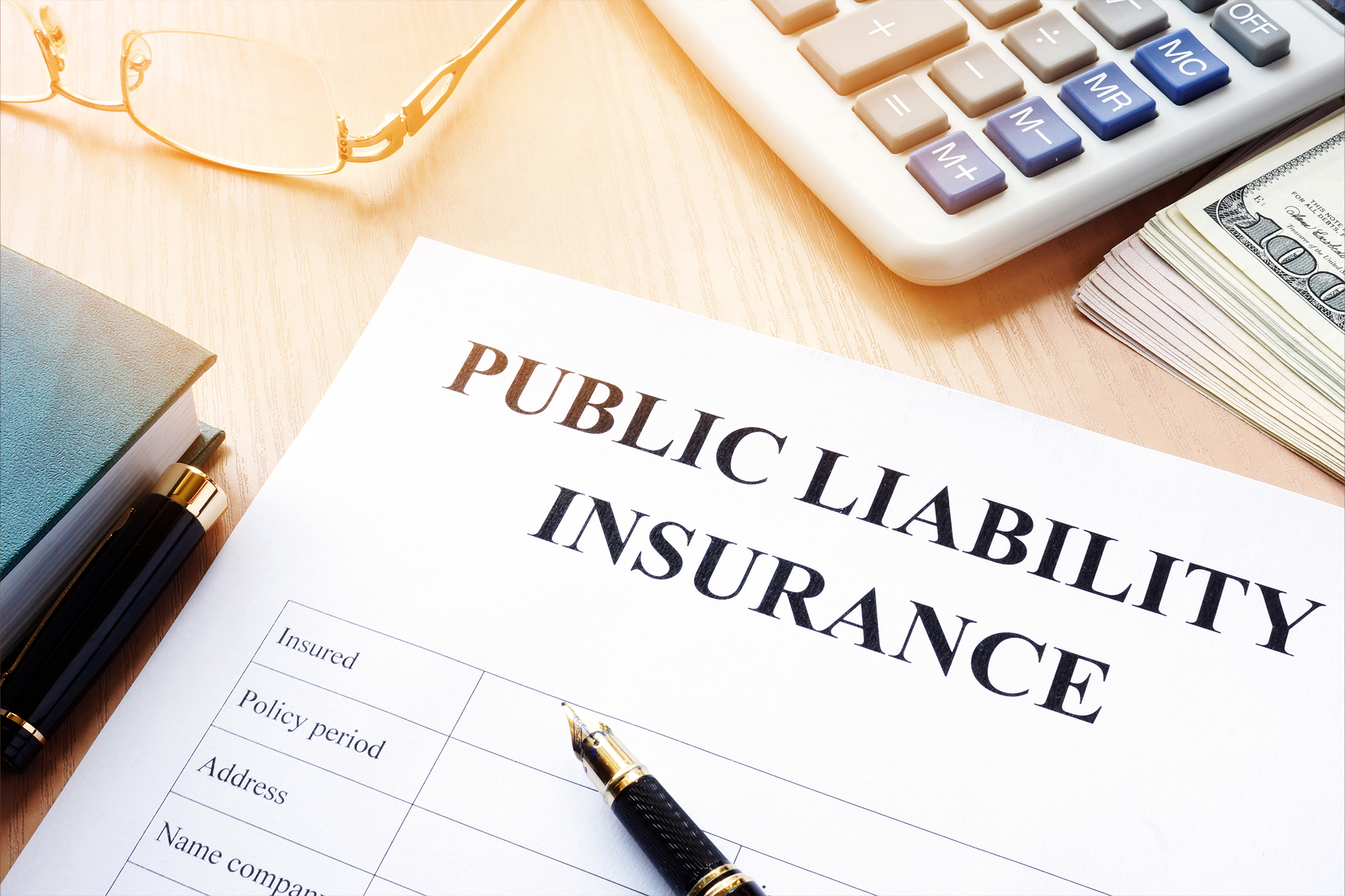Navigating Public Liability Insurance: Essential Protection for Businesses
Public liability insurance is a cornerstone of risk management for businesses of all sizes and industries. It provides protection against claims made by third parties for injuries or damages that occur as a result of business operations. Whether you run a small café or a large construction company, understanding the nuances of public liability insurance is crucial for safeguarding your business against unforeseen legal and financial challenges. This blog post explores the importance, coverage, and key considerations of public liability insurance.
The Importance of Public Liability Insurance
Public liability insurance is essential for businesses that interact with the public, including customers, clients, and visitors. Accidents can happen anywhere and at any time, and even the most diligent businesses can find themselves facing lawsuits. Public liability insurance covers legal expenses and compensation claims if someone is injured or their property is damaged due to your business activities. This type of insurance not only protects your financial interests but also enhances your reputation by demonstrating a commitment to safety and responsibility.
Coverage and Scope
The coverage provided by public liability insurance typically includes legal costs, medical expenses, and compensation for injuries or property damage. It is designed to cover incidents such as slip and fall accidents, damage to a client’s property, or injuries caused by faulty products. While the specific terms and conditions vary between policies, the fundamental objective is to ensure that businesses are not crippled by the financial burden of legal claims. Policies can be tailored to meet the unique needs and risks associated with different types of businesses, ensuring comprehensive protection.
Who Needs Public Liability Insurance?
Virtually any business that interacts with members of the public should consider public liability insurance. This includes retailers, restaurants, event organizers, tradespeople, and service providers. Even businesses that operate predominantly online or from home should assess their risk exposure, particularly if they occasionally host clients or participate in trade shows. In some industries, public liability insurance is not just advisable but mandatory, often required by regulatory bodies or as part of a contractual obligation with clients or landlords.
Key Considerations When Choosing a Policy
When selecting a public liability insurance policy, several factors must be considered to ensure adequate protection. Firstly, assess the potential risks associated with your business operations and choose a coverage limit that reflects these risks. It’s also important to review policy exclusions to understand what is not covered, such as intentional acts or certain high-risk activities. Consulting with an insurance broker who specializes in public liability insurance can provide valuable insights and help tailor the policy to suit your business’s specific needs.
Challenges and Maintaining Coverage
One of the challenges businesses face with public liability insurance is ensuring that the coverage remains relevant as the business evolves. Changes in operations, such as expanding services or moving to a new location, can affect your risk profile and insurance needs. Regularly reviewing and updating your policy is crucial to maintaining adequate protection. Additionally, businesses should implement robust risk management practices to minimize the likelihood of incidents and potentially reduce insurance premiums.
Conclusion
Public liability insurance is an indispensable tool for protecting businesses against the financial and reputational damage that can arise from third-party claims. By understanding its importance, coverage, and key considerations, business owners can make informed decisions that align with their operational needs. As business environments continue to change and evolve, maintaining a proactive approach to public liability insurance is essential for ensuring long-term stability and success. Investing in the right public liability policy not only protects the business but also contributes to building trust and confidence among clients and the general public.
